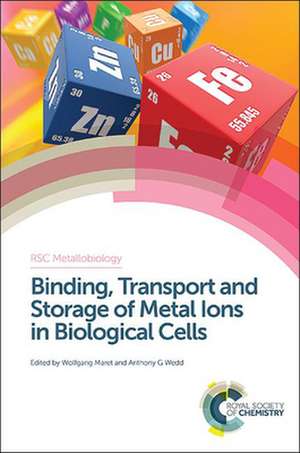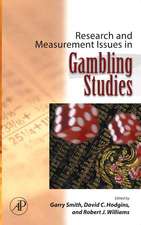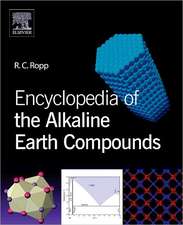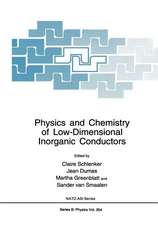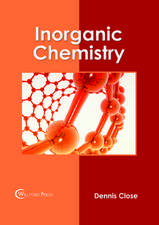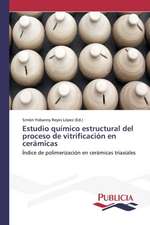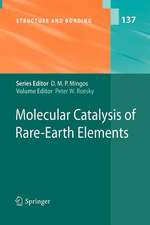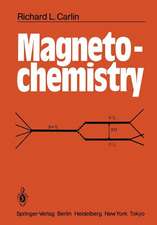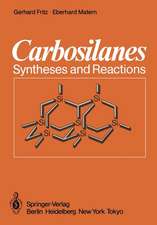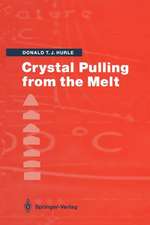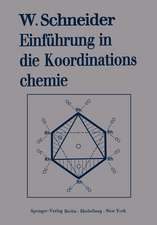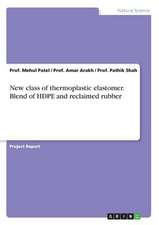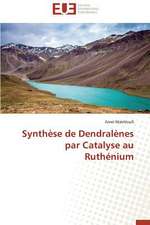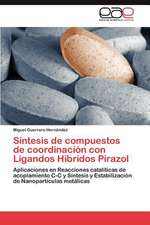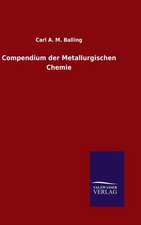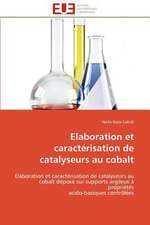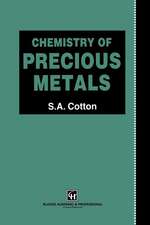Binding, Transport and Storage of Metal Ions in Biological Cells: Rsc: RSC Metallobiology, cartea 2
Robert Williams Editat de Wolfgang Maret, Anthony Wedden Limba Engleză Hardback – 27 iul 2014
Preț: 1533.65 lei
Preț vechi: 1783.31 lei
-14% Nou
258.97€ • 269.37$ • 213.80£
Carte disponibilă
Livrare economică 22 martie-05 aprilie
Specificații
ISBN-10: 1849735999
Pagini: 938
Dimensiuni: 164 x 240 x 52 mm
Greutate: 1.55 kg
Editura: Royal Society Of Chemistry
Seria RSC Metallobiology
Notă biografică
Textul de pe ultima copertă
Metal ions play key roles in biology. Many are essential for catalysis, for electron transfer and for the fixation, sensing, and metabolism of gases. Others compete with those essential metal ions or have toxic or pharmacological effects.
This book is structured around the periodic table and focuses on the control of metal ions in cells. It addresses the molecular aspects of binding, transport and storage that ensure balanced levels of the essential elements. Organisms have also developed mechanisms to deal with the non-essential metal ions. However, through new uses and manufacturing processes, organisms are increasingly exposed to changing levels of both essential and non-essential ions in new chemical forms. They may not have developed defenses against some of these forms (such as nanoparticles).
Many diseases such as cancer, diabetes and neurodegeneration are associated with metal ion imbalance. There may be a deficiency of the essential metals, overload of either essential or non-essential metals or perturbation of the overall natural balance.
This book is the first to comprehensively survey the molecular nature of the overall natural balance of metal ions in nutrition, toxicology and pharmacology. It is written as an introduction to research for students and researchers in academia and industry and begins with a chapter by Professor R J P Williams FRS.
